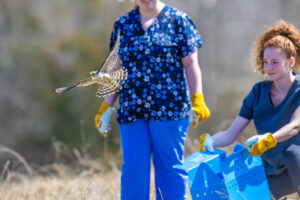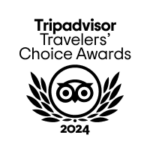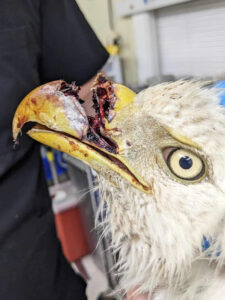
News
A Shot Bald Eagle Sees Hope
On July 11th, Bald Eagle patient #24-390 was admitted to our hospital with severe beak trauma and wounds to his left wing. The nature of the injuries are consistent with gunshot wounds, leading us to believe that this eagle was shot (one of six shot raptors in our care right now). Additionally, blood tests revealed that he is suffering from lead poisoning, a condition that affects over 75% of the Bald Eagles treated at the World Bird Sanctuary.
The beak damage is so severe that it may be beyond repair. The jaw has multiple fractures, and there is damage to the beak’s growth bed. However, there is still hope for 24-390, as his injuries are recent and the remaining tissue appears viable. Our team is doing everything possible to provide 24-390 with a chance to return to the wild.
So far, two surgeries have been performed to stabilize the fractures and close the gap in the beak, ensuring that the remaining growth bed remains covered and healthy. The first surgery involved placing cross pins on either side of the fracture, which were then secured with epoxy to create a stabilizing structure on the exterior of the beak to maintain proper alignment. While this surgery was successful, we remained concerned about a missing section from the top of the beak, which could impact the underlying tissue. The second surgery bridged part of the gap with surgical wire and filling the remaining space with dental acrylic.
Currently, the surgical repairs are successfully stabilizing the beak. The jaw fractures are healing well, and the tissue on the roof of the mouth remains a healthy color, indicating good blood flow.
Just five years ago, we lacked the necessary equipment and skilled personnel to attempt such intricate repairs. While 24-390’s prognosis is still quite guarded, his ongoing care and the possibility of recovery reflect the significant advancement your support has made in our hospital. We cannot thank you enough!
The World Bird Sanctuary is not government funded. Our mission continues because you also value a brighter future for wildlife. If you’re interested in making a difference, we need your help! Please contact us today at development@worldbirdsanctuary.org to learn more.
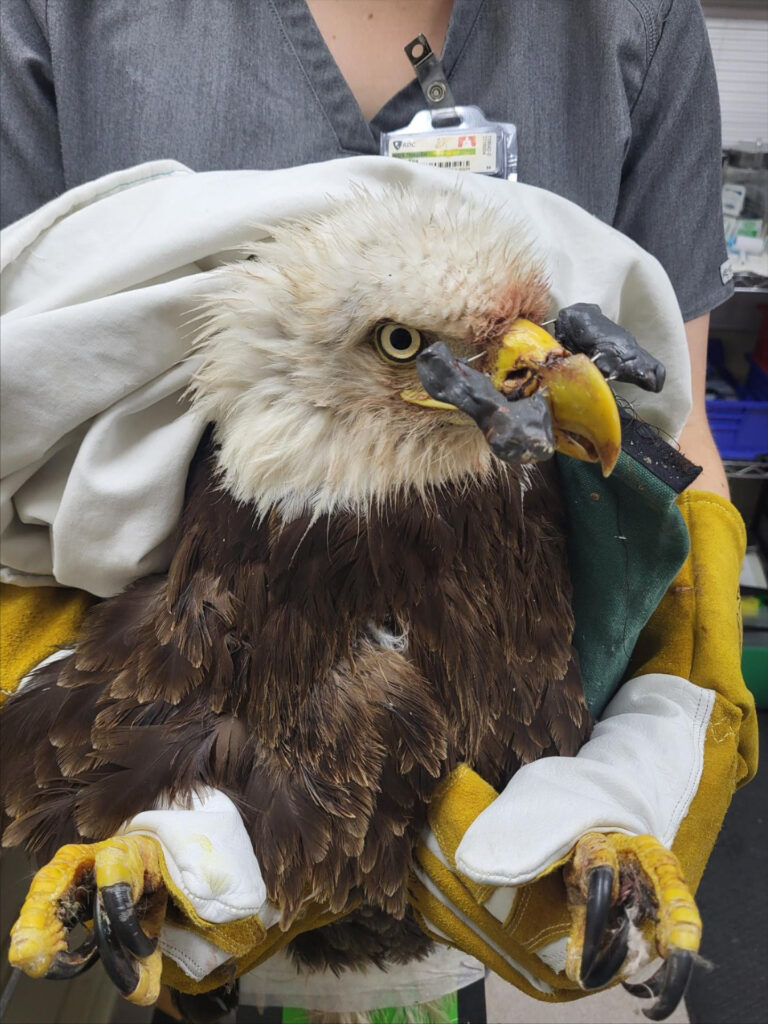
Cross pins and epoxy were used to help stabilize the beak.
Tags :
WBS
Categories
Latest News

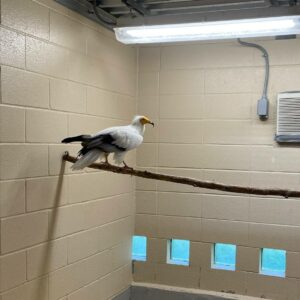
World Bird Sanctuary Sends Endangered Vultures to Africa
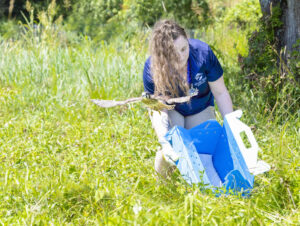
Critical Care Patient Back in the Wild!
